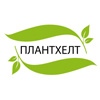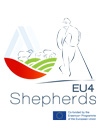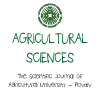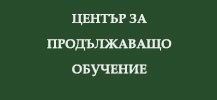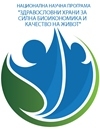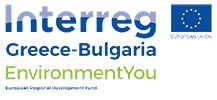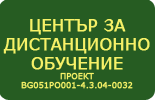Plant-pest interactions
|
Course title: |
Plant-pest interactions |
|
|
Course code: |
RZPPI |
|
|
ECTS: |
5 |
|
|
In-class hours |
Lectures: |
30 |
|
Laboratory work/Tutorials: |
20 |
|
|
Self-preparation hours |
Practical training: |
- |
|
Other: |
75 |
|
|
Total hours: |
125 |
|
|
Language: |
English |
|
|
Study cycle: |
Master |
|
|
Semester: |
Summer |
|
|
Faculty: |
Faculty of Plant Protection and Agriecology |
|
|
Name of the lecturer(s): |
Prof. Vili Harizanova, PhD |
|
|
Mode of delivery: |
Face-to-face, distance learning |
|
|
Prerequisites: |
Basic Entomology |
|
|
Learning outcomes of the course unit: |
The module aims to provide appropriate knowledge about the complex interactions between insects and other organisms in the environment, such as pollination, herbivory, the transmission of pathogens, etc. Different types of feeding and damage to plants, defense mechanisms of plants against insects and use of these interactions in the control of pests are discussed. Co-evolutionary interactions between phytophagous organisms and their host-plants (strategies applied by phytophagous insects, mites and nematodes to infest plants). Trophic relationships between phytophagous organisms and their host-plants. Morphological, biochemical and physiological alterations induced by phytophagous organisms in their hosts. Defense mechanisms of plants against phytophagous organisms. Plant pathogens vectored by phytophagous organisms (transmission mechanisms, effects on biology and physiology of the vector. |
|
|
Course contents: |
Co-evolutionary interactions between phytophagous organisms and their host-plants (strategies applied by phytophagous insects, mites and nematodes to infest plants). Trophic relationships between phytophagous organisms and their host-plants. Types of plant feeding. Host plant searching and acceptance. Morphological, biochemical and physiological alterations induced by phytophagous organisms in their host plants. Defense mechanisms of plants against phytophagous organisms. Morphological resistance. Chemical defenses. Plant pathogens vectored by phytophagous organisms (transmission mechanisms, effects on biology and physiology of the vector). Insect pollination of plants. |
|
|
Recommended or required reading: |
Evans. H. 1984. Insect biology, Addison-Wesley Publishing Company, Inc. USA, Canada |
|
|
Planned learning activities and teaching methods: |
Monological explanation (lecture, presentation, briefing, tutorials), Dialogue methods(conversation,discussion). |
|
|
Assessment methods and criteria: |
Written exam |
|
 - Events on the occasion of the 80th anniversary of AU
- Events on the occasion of the 80th anniversary of AU
